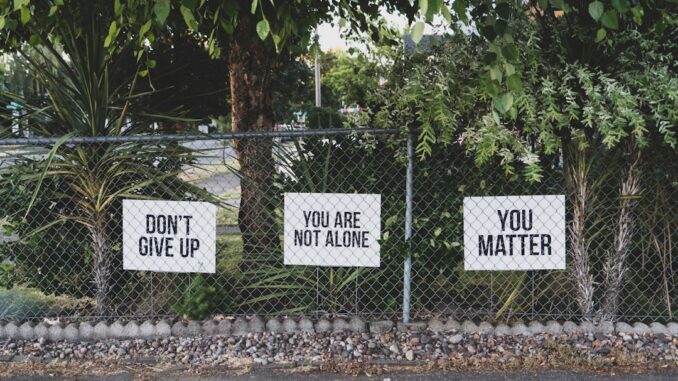
Summary
This article provides five actionable tips for individuals returning to work after completing a rehabilitation program. It addresses common concerns, legal rights, and strategies for a successful transition back into the workforce. By following these tips, individuals can navigate this significant step in their recovery journey with confidence.
** Main Story**
Coming back to work after rehab? That’s a huge deal. It’s about getting back to a routine, earning your own living again. But, let’s be real, it can also feel pretty scary. You might worry about what people think, triggers at work, and just juggling recovery with your job. Don’t stress! I’ve got five solid tips to help you nail this transition and set yourself up for lasting recovery.
1. Know Your Rights
Before you even think about walking back into the office, get clued up on your legal rights. In the US, the Americans with Disabilities Act (ADA) has your back. It basically stops employers from discriminating against you because of past substance abuse. Plus, it says you can get ‘reasonable accommodations’ to help you stay on track with your recovery. That could mean flexible hours, time off for therapy, or maybe a lighter workload. The Family and Medical Leave Act (FMLA) is another one to know, this can protect your job while you’re in rehab and during ongoing treatment, that is if you meet the requirements.
Knowing your rights is power, plain and simple. It means you can stand up for what you need and make sure your work environment is fair and supportive.
2. Talk to Your Boss, Honestly
Being open with your employer can make a world of difference. You don’t have to spill all the details, obviously, but having a straight-up chat with your manager or someone in HR can ease your worries and help them understand where you’re coming from. Talk about any accommodations you need and set clear expectations. I remember when a former colleague, let’s call him Mark, was returning after a long absence, he had an honest discussion with his supervisor, and that helped him feel supported and valued. That’s the key, right?
It’s about building trust and creating a workplace where you feel safe talking about challenges if they pop up. Like, “Hey, I’m feeling a bit overwhelmed today, can I take a quick break?”
3. Build a Fortress of Support
Work can be a pressure cooker, especially now. So, having people in your corner is super important. Connect with colleagues you trust, your family, friends, or even a support group. They get what you’re going through and can give you a boost when you need it. Regular chats with a therapist, sponsor, or peer group can also keep you accountable and give you guidance.
Think of it this way, your support network is like a safety net. You want people who can offer encouragement, practical advice, and just a safe space to vent.
4. Self-Care Isn’t Selfish, It’s Survival
Looking after yourself is essential, especially during this transition. Make time for things that make you feel good, both physically and mentally. Things like exercise, healthy food, mindfulness, or hobbies you love. I try to squeeze in a quick meditation session every morning, even if it’s just for five minutes. It makes a difference.
Creating a daily routine that includes these things can lower your stress levels, boost your overall health, and help you stay on track. Remember, looking after yourself isn’t selfish. It’s investing in your long-term recovery and career success.
5. Boundaries, Boundaries, Boundaries!
Setting boundaries is a non-negotiable. Be aware of situations that could trigger you and set some clear limits to protect yourself. That might mean skipping after-work drinks where there’s booze, limiting time with certain colleagues, or taking breaks when you feel swamped. Learning to say “no” when you need to is a real superpower.
For instance, if your team always goes to a bar after work, maybe suggest a coffee shop instead, you could say “I’m trying to cut back on drinking at the moment, so I’m only doing coffee for now!”. It’s about putting your recovery first and finding a work-life balance that works for you. Also, don’t be afraid to speak up if you need to leave a situation, or go elsewhere. People will understand.
Going back to work after rehab is about more than just having a job again. It’s a massive step towards rebuilding your life. By knowing your rights, being open, building a solid support system, prioritizing self-care, and setting healthy boundaries, you’ll not only get through this transition, but you’ll also thrive in your recovery and your career. You got this!


Be the first to comment